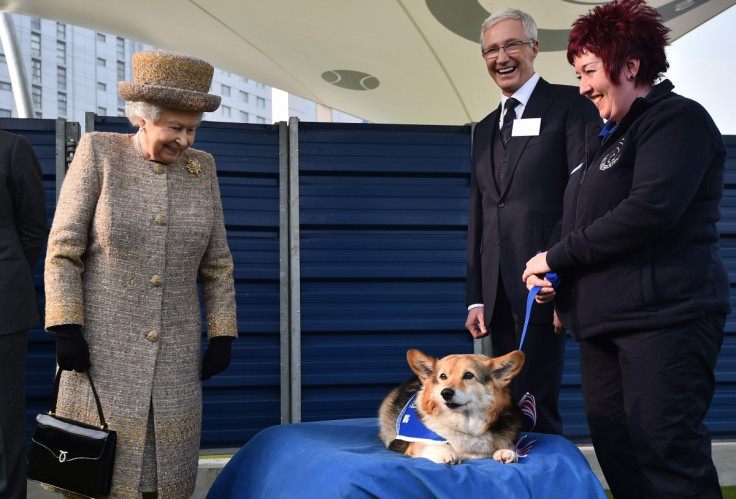Queen at 90: Scientists etch 'Happy 90th Birthday Your Majesty' on strand of corgi hair

A group of scientists at the University of Nottingham have etched a microscopic birthday message for the Queen onto a single strand of corgi hair, her favourite breed of dog. The tribute reads "Happy 90<sup>th Birthday Your Majesty" and was inscribed at their new £12m Nanoscale and Microscale Research Centre (NMRC).
According to the BBC, the hair used in the experiment is roughly a tenth of a millimetre wide. Scientists explained that they used an electron microscope to project a beam of ions onto the corgi's hair surface, which removed the top layer and allowed the message to be engraved into it.
Dr Christopher Parmenter from Nottingham University's School of Pharmacy told the BBC: "It's a truly magical process to observe that message just all of a sudden pop out, and we're hoping to send it to the Queen herself."
The project was led by Parmenter and and Dr Michael Fay, who used a Focused Ion Beam Scanning Electron Microscope (FIB-SEM) to do the etch. In 2012 the same team created a microscopic portrait of the Queen to mark her Diamond Jubilee, which was so small it could have fit on a standard postage stamp 300,000 times.
The new nanoscale research centre is expected to "address some of the major challenges facing humanity", including medicine, materials for energy production, storage, electronic devices and novel catalysts. It will also host 20 major instruments, including 14 electron microscopes that will be able to carry out analytical investigation on a variety of materials.
Andrei khlobystov, Professor of Nanomaterials and Director of the NMRC in the Faculty of Science, said: "This centre will be one of the largest and most advanced clusters of instrumentation for nanoscale and microscale research in the UK. We anticipate it will have significant regional, national and global impact."
© Copyright IBTimes 2025. All rights reserved.






















